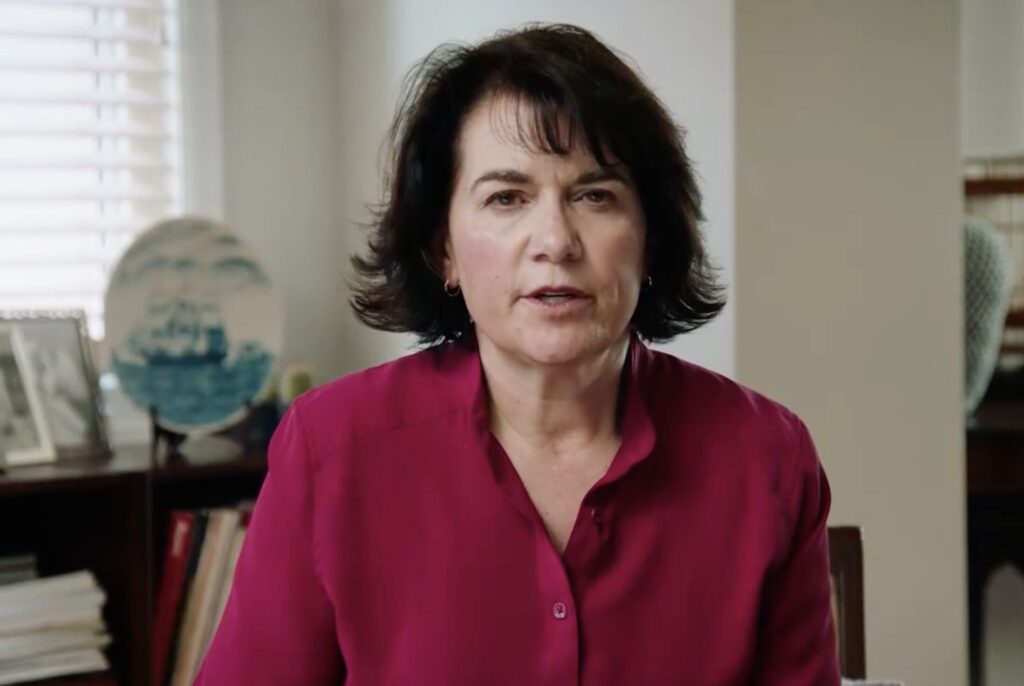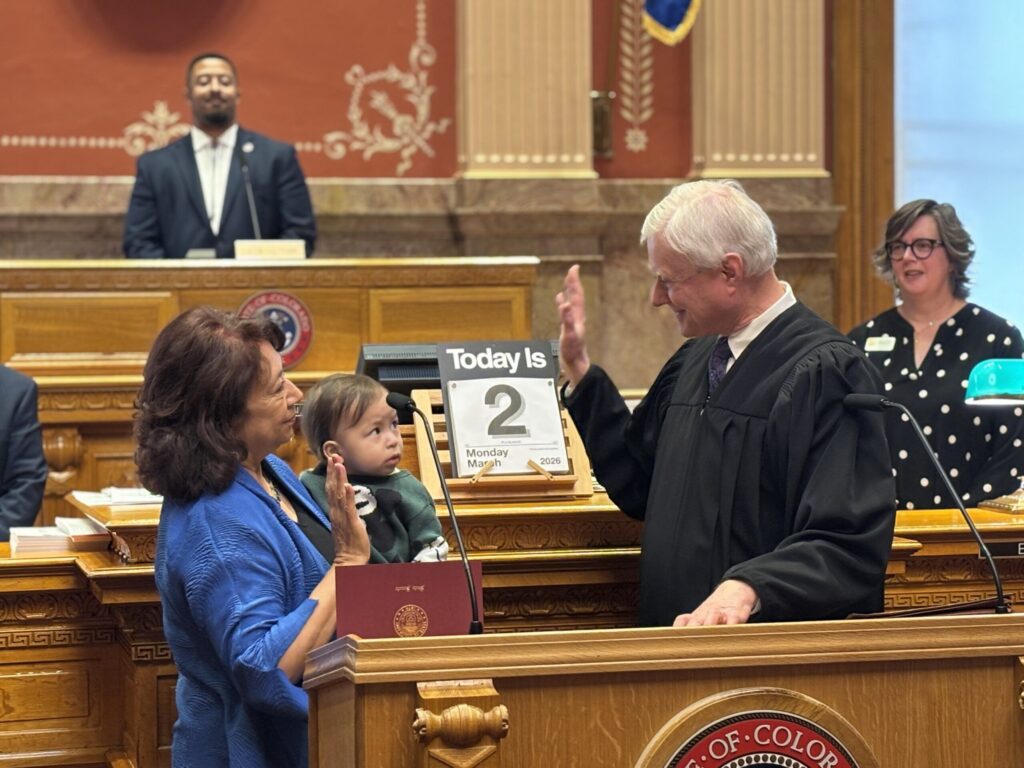Senate committee, including Gardner, approves bill promoting self-driving vehicles
WASHINGTON – A congressional committee that includes Colorado’s U.S. Sen. Cory Gardner gave approval Wednesday to a bill that authorizes automakers to start selling self-driving cars.
Members of the Senate Commerce, Science and Transportation Committee said the legislation would promote safety and offer mobility to many persons who are unable to drive now because of disability or age.
“Each day the technology is getting closer to being more than just something we see on TV,” Gardner told Colorado Politics. “Some of the advantages could be lives saved from less traffic accidents and less congestion on the roads. It could also help make that drive to the slopes a whole heck of a lot faster.”
About 94 percent of traffic accidents are caused by human error, which computerized self-driving vehicles could help to eliminate, according to expert witnesses during congressional hearings.
Colorado already was a pioneer in advancing self-driving vehicles after the state legislature legalized tests of the technology in a bill Gov. John Hickenlooper signed into law June 1.
Automobile companies can test autonomous vehicles in the state if they get permission from the Colorado Department of Transportation and the State Patrol.
Last year, Uber Technologies Inc. tested a self-driving tractor-trailer carrying Budweiser beer from Fort Collins to Colorado Springs. The ride-sharing company reported the test was nearly flawless along the 120-mile route.
Skyler McKinley, spokesman for the roadway assistance organization AAA-Colorado, said he was pleased Congress is taking the first steps toward self-driving vehicles.
“We’re all for it because we think that leads to motorist safety,” McKinley said.
However, he said consumers need to be patient before the technology is fully developed.
“I think we are a long way out from what we call a self-driving vehicle,” he said.
Twenty-one states have enacted laws to allow testing of self-driving cars.
McKinley said Colorado would be a good place to test the technology because of the engineering talent as well as the mountains, desert and plains that provide a diverse terrain.
“Good laws, good talent, good space, everything you would need to look at it when you’re trying to decide what to put into a self-driving car,” he said.
The bill approved by the Senate Commerce, Science and Transportation Committee would preempt any state laws with national standards for the design and safety of the new technology. Automakers had warned Congress they could be subjected to an unworkable patchwork of state and local laws without a single federal standard.
Gardner, a Republican, contributed two technical amendments to the bill.
The proposed legislation won approval by voice vote only after the sponsors agreed to compromises on safety.
“These vehicles are going to be just computers on wheels sucking in information,” said Sen. Ed Markey, D-Mass., during the hearing Wednesday.
A risk for the drivers is that unauthorized persons could hack into the vehicles’ computerized systems.
“These vehicles have the capacity to have the brakes, the acceleration, the control of these vehicles just stripped away from the individuals,” Markey said. “If we don’t build in the protections, then, unfortunately, Equifax on the road is what we would have.”
He referred to the recent attack on databases of credit reporting agency Equifax Inc., which helped hackers tap into millions of customers’ records.
The self-driving vehicle bill would allow automakers to sell as many as 15,000 cars and light trucks per manufacturer in the first year after Congress approves the legislation. They could sell 40,000 vehicles each the second year and 80,000 each for every year afterward.
The full Senate still must vote on the bill. Any differences with a similar bill already approved by the House of Representatives would need to be resolved before a final vote in Congress and submission to the president for his signature.
Authorizations for automakers were scaled down from a first version of the bill. It would have permitted them to sell 100,000 vehicles per manufacturer every year.
The revision responded to cautions from safety advocates that the public could become the crash-dummies for testing the technology unless it is rolled out gradually with close monitoring.
The bill says automakers must get permission to sell self-driving cars from the National Highway Traffic Safety Administration after proving they create no greater safety risk than current models.
The Senate committee avoided imposing some safety standards, such as for the sensors and software.
Federal safety agencies and industry experts said setting standards for technology that is evolving quickly could lock the industry into outdated systems that slow public acceptance of the vehicles.
Members of Congress said they want to move ahead quickly with self-driving vehicles, partly because it would allow elderly, blind and other disabled persons to live more independently.
“Higher levels of automation will provide opportunities for mobility,” said Sen. John Thune, R-S.D., who is chairman of the Commerce, Science and Transportation Committee.
Will Toor, transportation director for the Boulder-based Southwest Energy Efficiency Project, said, “We do believe that self-driving vehicles, properly deployed, could be a great boon to the environment in reducing emissions.”











